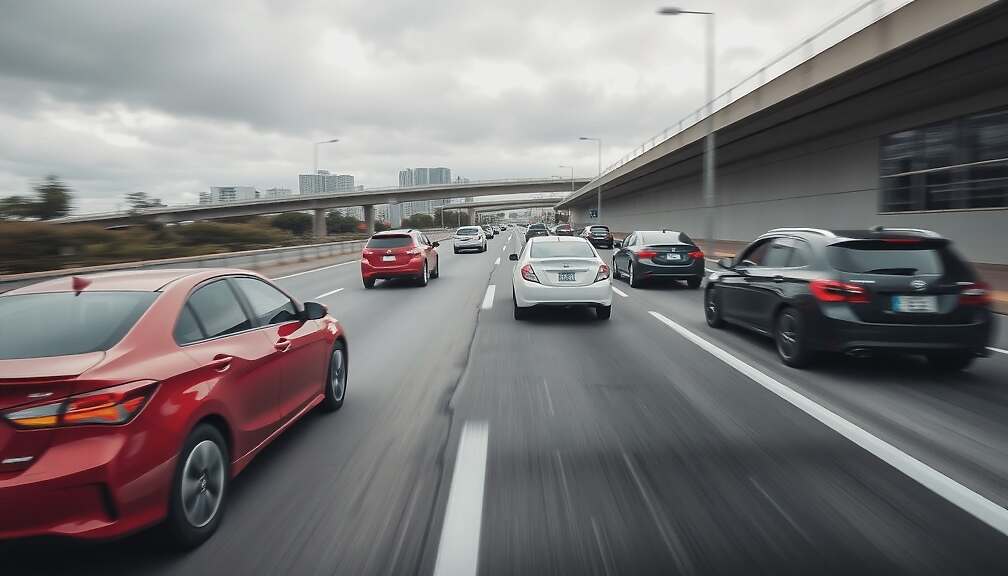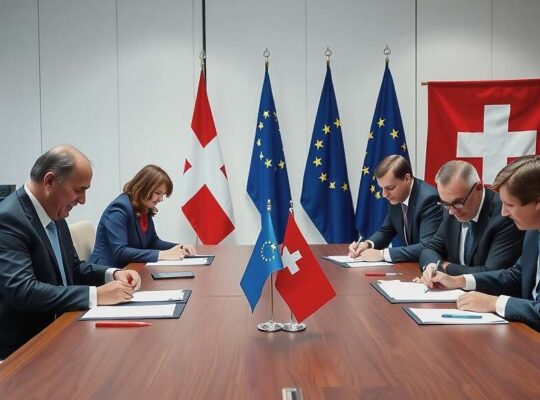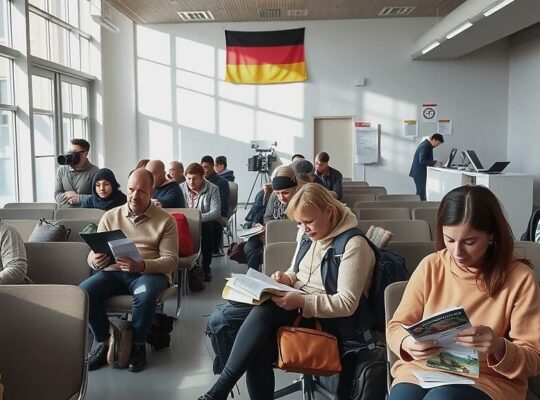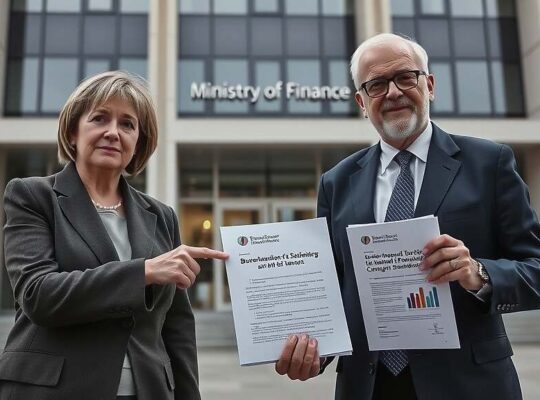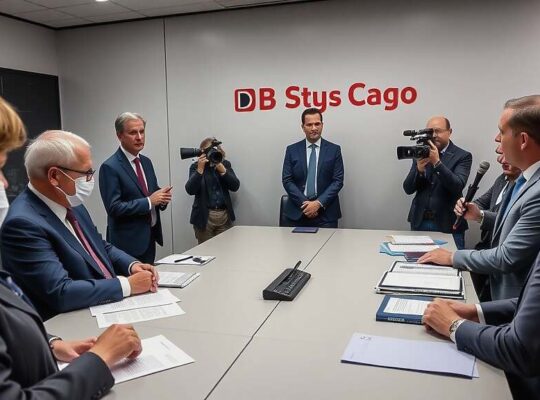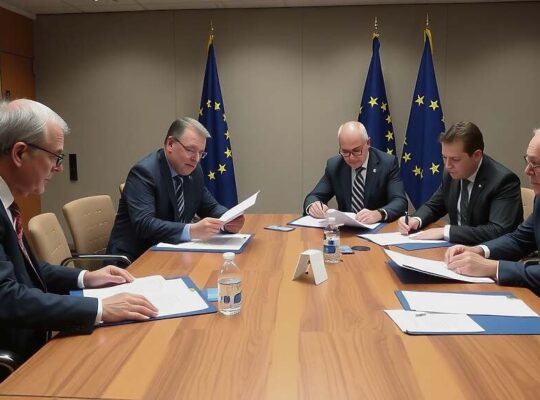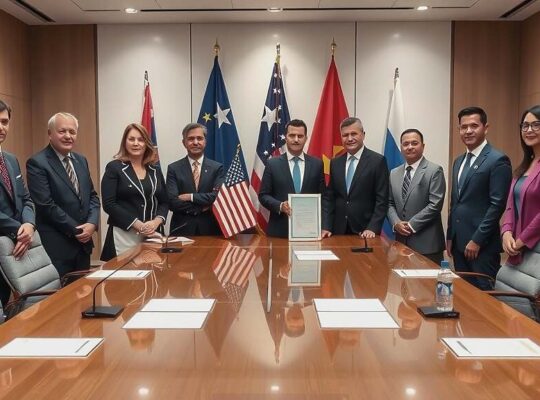The European Commission intends to uphold the planned phase-out of internal combustion engines while simultaneously seeking to accommodate the automotive industry. Commission Vice-President Stéphane Séjourné, in comments to the “Süddeutsche Zeitung” affirmed the commitment to the 2035 deadline. “I am convinced: 2035 must remain” he stated, adding, however, that flexibility is needed to avoid social and economic disruptions.
Séjourné, responsible for industry, indicated that the overall course will not be altered, but stressed the necessity of examining potential leeway for the auto industry to adapt. He emphasized the need for a robust “real business plan for the future, particularly within the electric vehicle segment.
The issue of potentially allowing the sale of new combustion engine vehicles beyond 2035 was a key topic during a recent “strategic dialogue” with industry leaders, union representatives and car manufacturers hosted by Commission President Ursula von der Leyen and Séjourné.
To address a crisis in the sector, the Commission is preparing a package of supportive measures. These include €1.8 billion in equity support for battery manufacturers and a new law prioritizing batteries and components produced in Europe. Furthermore, the investments of foreign, particularly Chinese, manufacturers will face stricter conditions going forward.
“Batteries are a question of European sovereignty” Séjourné declared. “We cannot imagine the next 25 to 30 years without battery production in Europe”. He warned that a lack of European batteries would leave the region overly reliant on China. Efforts will focus on ensuring European batteries remain competitive by securing raw materials, diversifying supply chains and decreasing costs.
Séjourné also advocated for systematically favouring European products and obligating Chinese companies to participate in joint ventures and technology transfers. “We must not have any taboos on this” he said. Acknowledging a more protectionist global environment, he argued that Europe should not remain the sole open market for excess capacities and unfair products. “We must also protect ourselves”. He clarified that this does not equate to protectionism but rather represents strategic industrial policy.


